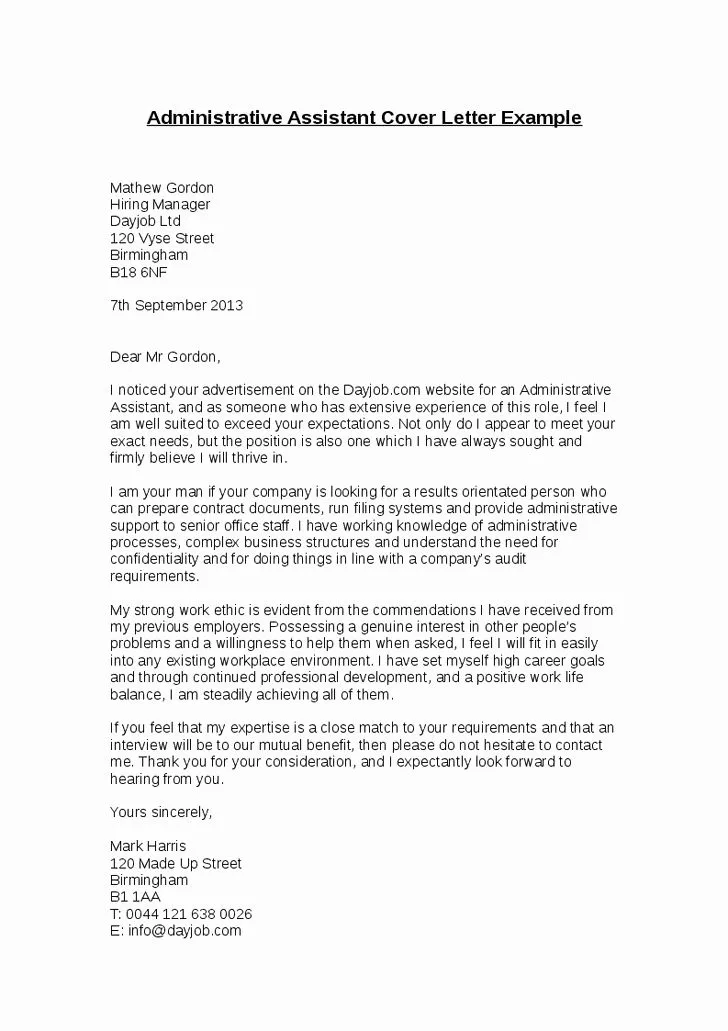Crafting a compelling Resident Assistant (RA) cover letter is essential for standing out from the competition and securing your desired role. This guide provides top tips and insights to help you create a cover letter that highlights your strengths, showcases your relevant experience, and ultimately, gets you noticed. By focusing on key areas, you can significantly increase your chances of making a positive impression and landing an interview.
Highlighting Key Skills in Your RA Cover Letter
An effective RA cover letter should immediately showcase your most relevant skills. The role demands a diverse skill set, so identifying and emphasizing the abilities that align with the job requirements is crucial. These include leadership, communication, problem-solving, and empathy. Remember to provide concrete examples to support your claims, demonstrating how you have successfully utilized these skills in previous situations. Tailoring your skills to match the specific needs of the institution is also a key step.
Showcasing Leadership Qualities
Leadership is a cornerstone of the RA position. Your cover letter should provide clear evidence of your leadership abilities. The ability to guide, mentor, and motivate others is important. Highlight any experience where you took initiative, organized events, or led a team. Show examples of where you inspired others to achieve a common goal. Leadership doesn’t always mean formal titles; it can also involve taking charge in challenging situations or demonstrating responsibility.
Providing Concrete Examples
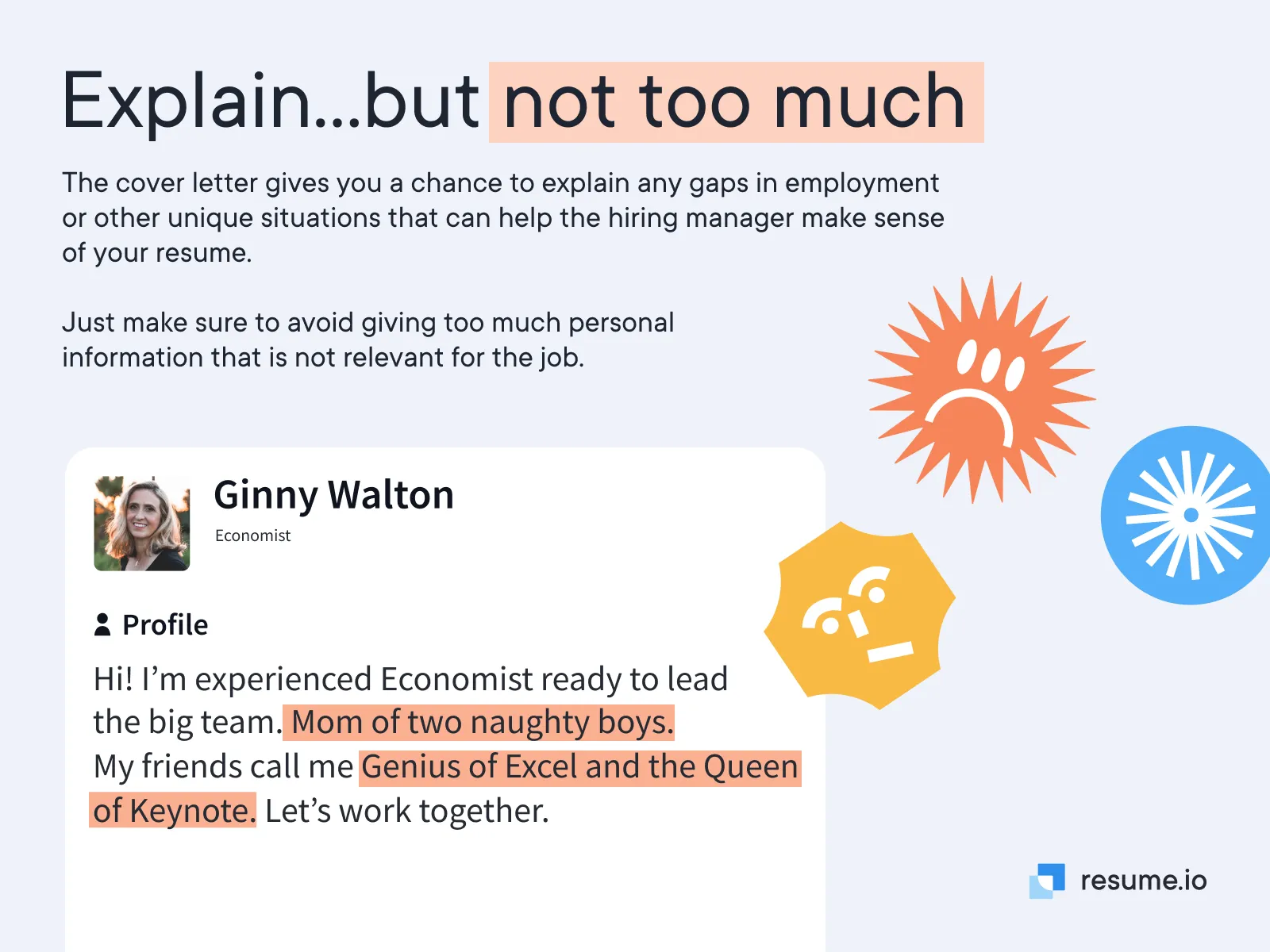
Abstract statements about your leadership are insufficient. Back up your claims with tangible examples. For instance, instead of saying “I am a good leader,” describe a specific instance where you took charge to resolve a conflict, organized a successful event, or mentored a fellow student. Use the STAR method (Situation, Task, Action, Result) to structure your examples, making them clear, concise, and impactful.
Demonstrating Problem-Solving Abilities
RAs frequently encounter unexpected challenges and must quickly find solutions. Your cover letter should reflect your capacity to think critically and solve problems effectively. Describe situations where you had to address conflicts, manage difficult situations, or find creative solutions. Illustrate your ability to remain calm under pressure and your resourcefulness in finding effective remedies.
Emphasizing Communication Skills
Communication is a fundamental skill for RAs, as they need to interact effectively with a diverse group of residents, faculty, and staff. Emphasize your ability to listen actively, articulate ideas clearly, and communicate empathetically. Highlight any experience in public speaking, conflict resolution, or written communication. Provide instances where you successfully conveyed information or mediated discussions.
Tailoring Your Letter to the Specific Institution
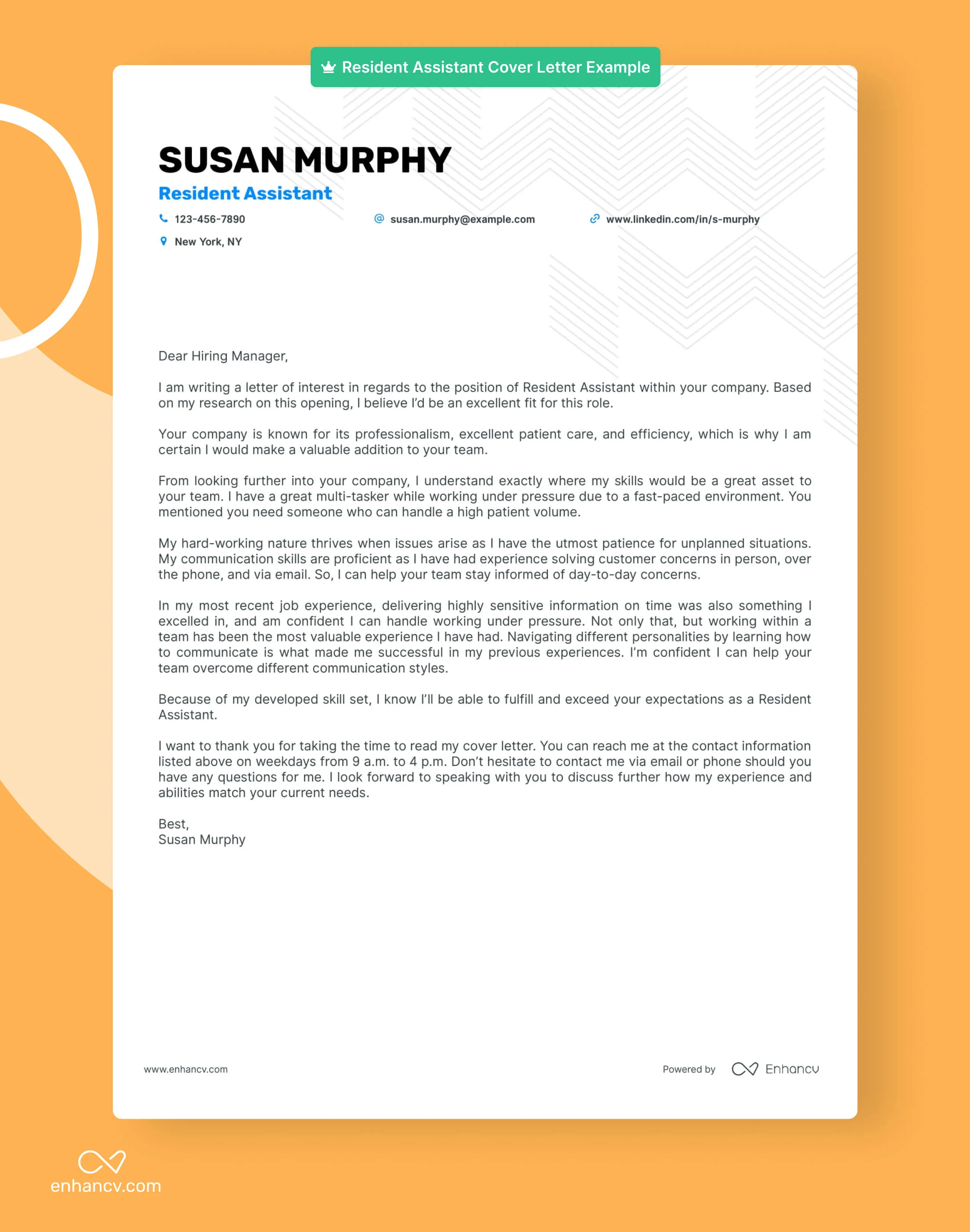
A generic cover letter will not impress. Research the university and customize your letter to align with its values, culture, and specific requirements. This demonstrates your genuine interest and willingness to contribute to the community. Personalizing the letter shows you have taken the time to understand the institution’s needs and expectations for an RA.
Researching the University’s Values
Before writing your cover letter, explore the university’s website, mission statement, and any related documents that outline its core values. Identify how your skills and experiences align with these values. For instance, if the university values diversity and inclusion, highlight your experiences working with diverse groups or promoting an inclusive environment. The more you demonstrate an understanding of the institution’s values, the better.
Referencing the Job Description
Carefully review the job description and identify the key requirements and responsibilities. Tailor your cover letter to specifically address these points. Use the same keywords and phrases as the job description to show that you understand what the role entails. This also helps the hiring committee quickly identify your relevant skills and experiences.
Crafting a Compelling Opening
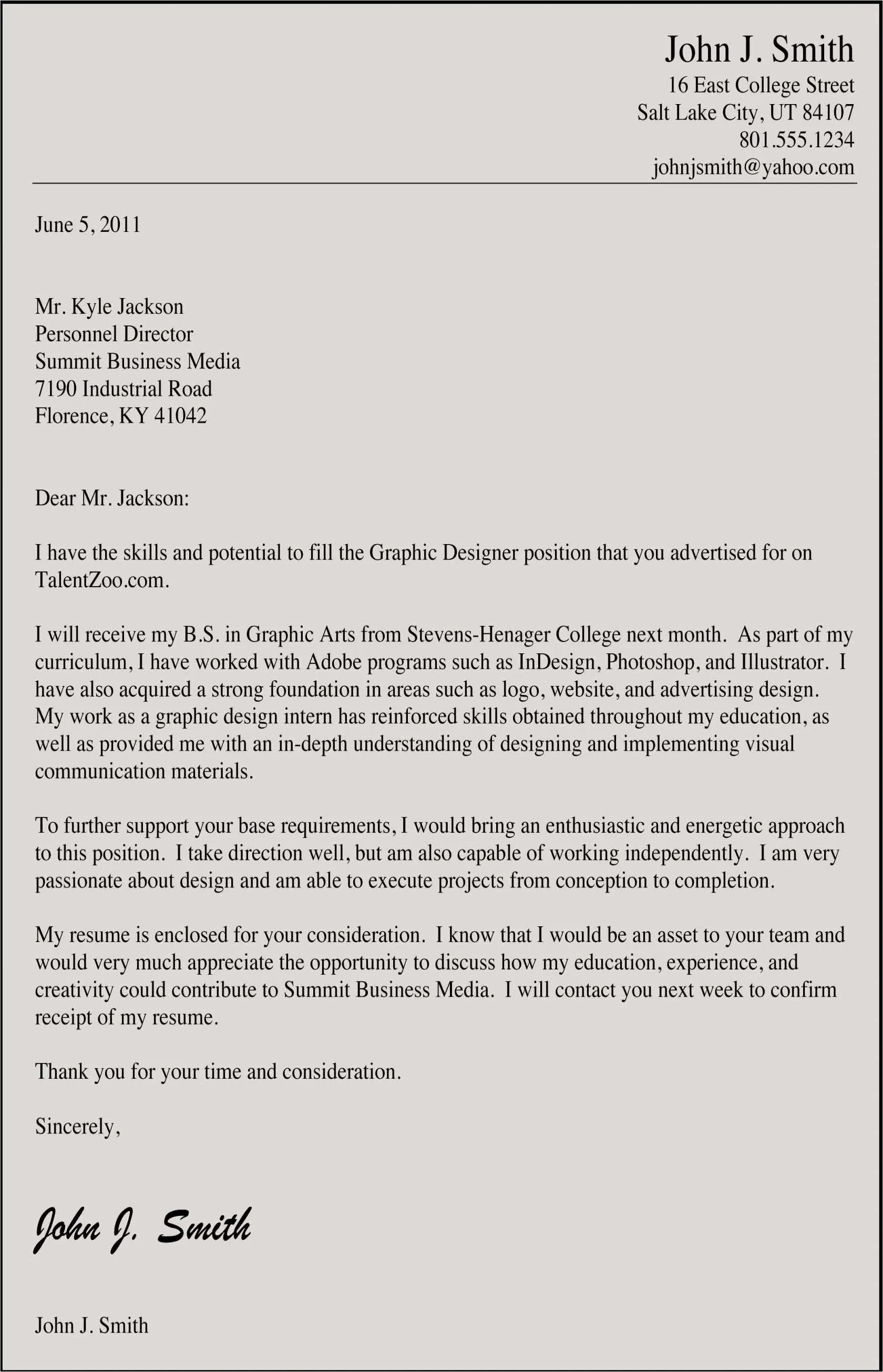
The opening of your cover letter is your first and often only chance to make a strong impression. Capture the reader’s attention immediately with a concise, engaging introduction that highlights your enthusiasm for the role. Avoid generic greetings and instead, focus on what makes you the ideal candidate. The introduction should clearly state your interest and briefly summarize your key qualifications.
Making a Strong First Impression
Your opening statement should be concise and impactful. Briefly mention your key skills or accomplishments. Express your genuine enthusiasm for the RA position and the university. Consider starting with a specific achievement or a compelling statement that directly relates to the role’s requirements. This sets a positive tone and encourages the reader to continue reading.
Writing a Captivating Introduction
Avoid overly formal language or clichés. Instead, aim for a warm, engaging tone that showcases your personality. Briefly explain why you are interested in the RA position and what motivates you to apply. If you know someone who works at the university, consider mentioning their name (if appropriate and if you have their permission). Demonstrate your passion and make it clear why you are the right fit.
Using Action Verbs and Quantifiable Results
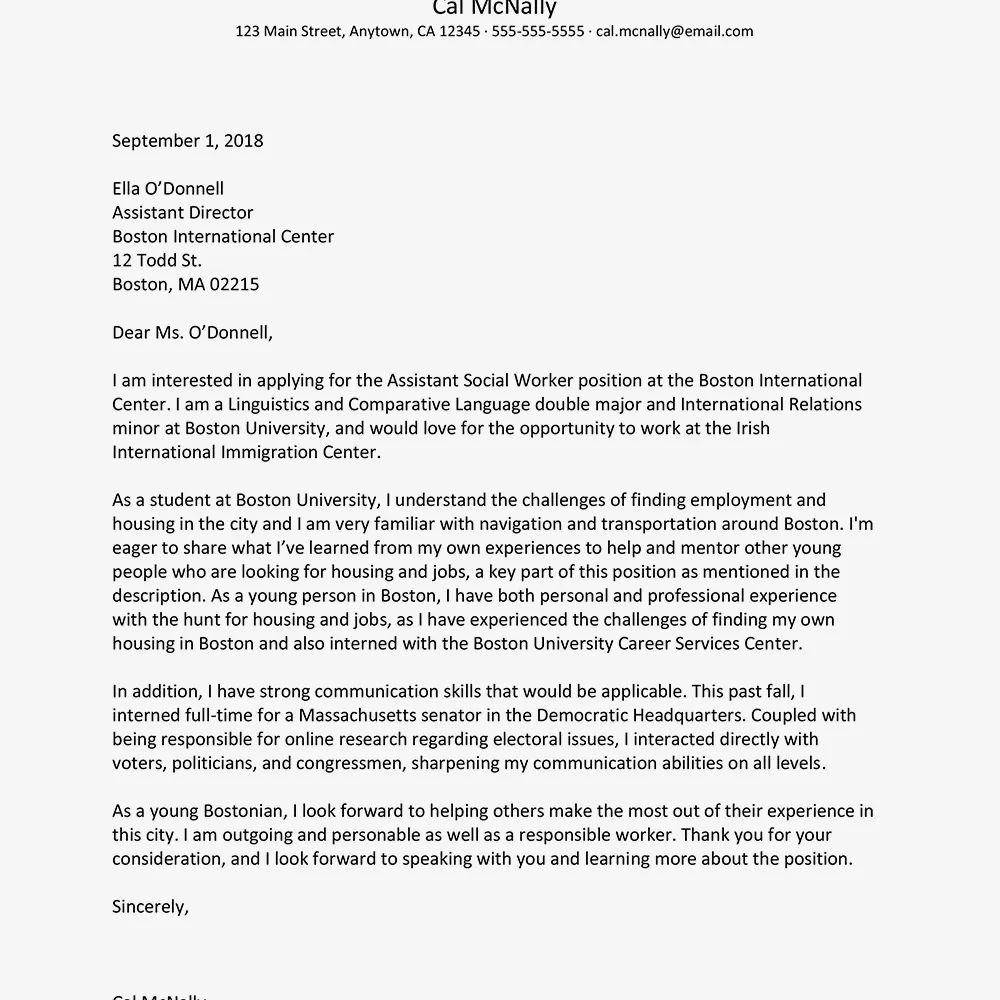
Throughout your cover letter, use action verbs to demonstrate your capabilities and accomplishments. Strong verbs make your statements more dynamic and impactful. Furthermore, try to quantify your achievements whenever possible. Use numbers, percentages, or specific examples to illustrate the impact of your actions. This adds credibility to your claims and makes your cover letter more compelling.
Showcasing Accomplishments and Achievements
Instead of simply stating what you have done, focus on the results. Describe the impact of your actions. How did your efforts benefit others? Did you improve a process, resolve a conflict, or contribute to a successful outcome? Use the STAR method to structure your accomplishments, highlighting the situation, your task, the actions you took, and the results achieved.
Quantifying Your Impact and Contributions
Whenever possible, quantify your achievements with specific data. For instance, instead of saying “I improved resident satisfaction,” say “I increased resident satisfaction scores by 15% through implementing new community-building activities.” Quantifiable results provide tangible evidence of your value and demonstrate your ability to make a real difference. This will stand out and increase your chances of being selected.
Proofreading and Formatting Your Letter
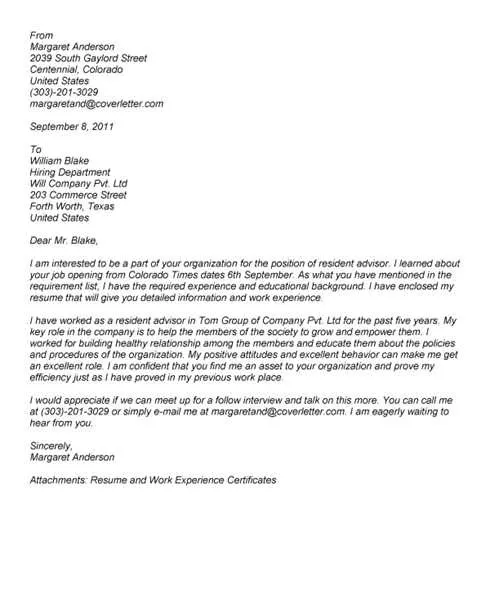
Before submitting your cover letter, ensure it is free of errors and professionally formatted. Proofreading and formatting are critical steps that show attention to detail and professionalism. Even minor errors can undermine your credibility, so meticulous attention to detail is essential. This includes checking grammar, spelling, punctuation, and the overall layout.
Ensuring Clarity and Professionalism
Your cover letter should be easy to read and understand. Use clear and concise language. Avoid jargon or overly complex sentences. Maintain a professional tone throughout the letter, and ensure your writing style is consistent. Your goal is to convey your message effectively and leave a positive impression on the hiring committee.
Using Proper Grammar and Spelling
Carefully proofread your cover letter for any errors in grammar and spelling. Use a spell checker and a grammar checker, but do not rely on these tools alone. Ask a friend, family member, or career counselor to review your letter as well. Double-checking for errors shows your attention to detail and commitment to excellence, important traits for an RA.
By following these tips, you can craft a standout RA cover letter that effectively showcases your skills, experience, and personality. Remember to tailor your letter to each specific opportunity, demonstrating your genuine interest in the role and the institution. Good luck!
